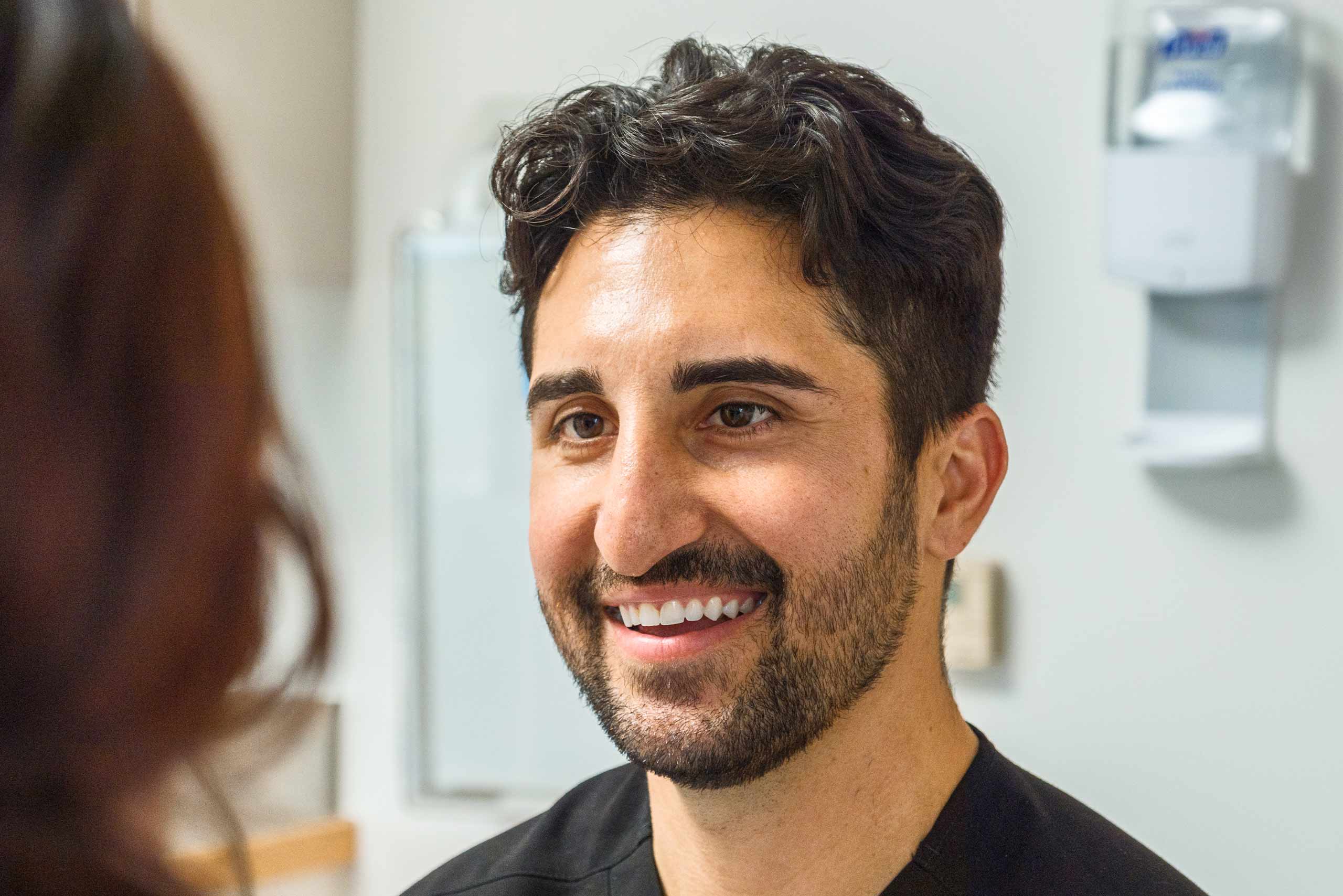What Hormone Treatment Options are Available for Menopause?
Aging is a natural part of life’s journey, and for women, one stop on that journey is menopause. Menopause typically begins between the ages of 40 and 55 and occurs when the ovaries stop producing eggs and the reproductive hormones decline, marking the end of menstruation and fertility.
As the body produces less estrogen and progesterone, a woman can feel a variety of physical and emotional symptoms. While completely natural, some menopause symptoms can feel uncomfortable, such as hot flashes, night sweats, mood changes, or urinary disturbances.
Fortunately, modern healthcare has developed numerous methods for helping women feel their best during this time of transition. Dr. Kameron Firouzi, an obstetrician-gynecologist (OB-GYN) at Samaritan in Moses Lake, Washington, said menopause treatment is all about maintaining quality of life.
Exploring Hormone Therapy as a Menopausal Treatment
“As women transition toward menopause, we can often find hormonal reasons for many of their symptoms,” he said. “We look for medical causes that we can supplement with hormones or other treatment to counteract any sources of discomfort.”
Providers may use menopausal hormone therapy (MHT) or hormone replacement therapy (HRT) to replace declining hormones, primarily estrogen and progesterone. There is also research indicating some women may benefit from testosterone replacement therapy, as well. Typically, providers use bioidentical hormones, which are chemically identical to the natural hormones produced by the body.
Hormone replacement therapy may be offered in the form of a pill, patch, or cream. While trendy medical spas may offer these treatments, Dr. Firouzi encouraged patients to review financial options, as insurance may cover a portion of these hormonal treatments if prescribed in a hospital setting, which is not typically the case in a med spa.
Choose the Treatment Designed for Your Needs
Additionally, it is important to review outcomes for a particular procedure or treatment from the provider you’re considering. Dr. Firouzi said while a treatment may be FDA-approved for menopause, some providers may recommend it for other conditions, which can be risky.
“I don’t want to see bad outcomes for any patient, so I make sure any procedure I offer is given correctly to the right person,” he said. “If a 25-year-old has a hormone imbalance, she probably doesn’t need to be offered testosterone when other, more age-appropriate methods could do the same thing.”
Choosing a Provider for Menopause Care
Hospitals, like Samaritan, can complete the labs, testing, and imaging necessary for menopausal hormone treatment, consulting virtually with a specialized hospital if necessary. No matter where you go for menopause treatment, consider a provider’s ability to see through trends and focus instead on quality of life.
“There’s a new move toward supplementing testosterone in females, for example, but I’ve been doing that for years,” said Dr. Firouzi. “It is important to stay ahead of the curve and prioritize the full picture of your overall health. Medical options for menopause are great, but they aren’t always the answer.”
Importance of Open Conversations with Your Provider
Dr. Firouzi recommended having open discussions with your provider about adequate hydration, meeting nutritional needs, and prioritizing mental health. Along with expert medical care, these natural methods can go a long way in easing menopausal symptoms.
“Women undergoing the transition to menopause need to feel seen and heard to ensure a good outcome,” he said. “I do my best to set reasonable expectations with every patient, and ensure they are set up for success.”
Schedule an appointment with Dr. Firouzi to learn more about hormone treatment options for menopause. Contact Samaritan at 509.765.5606.


